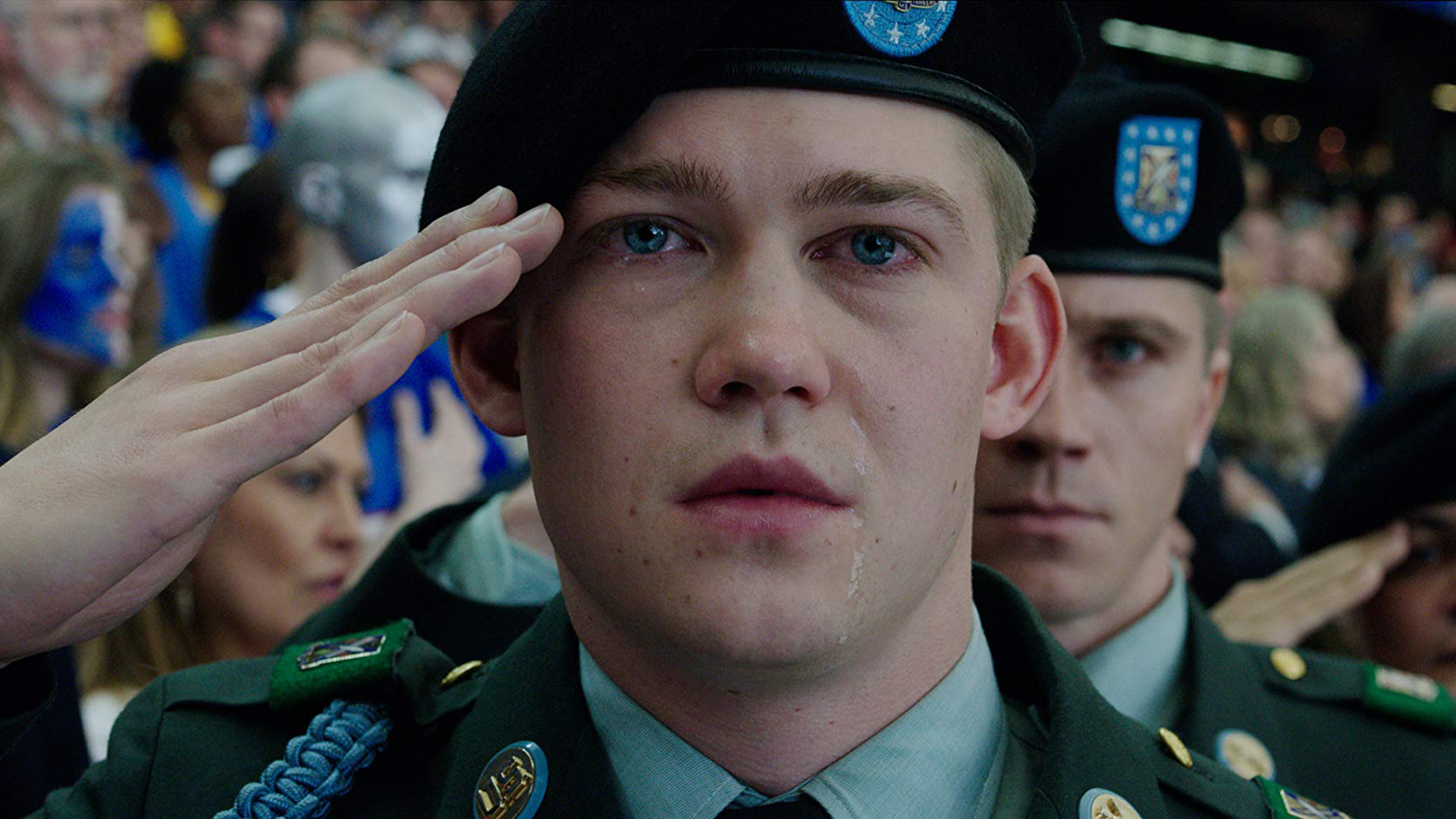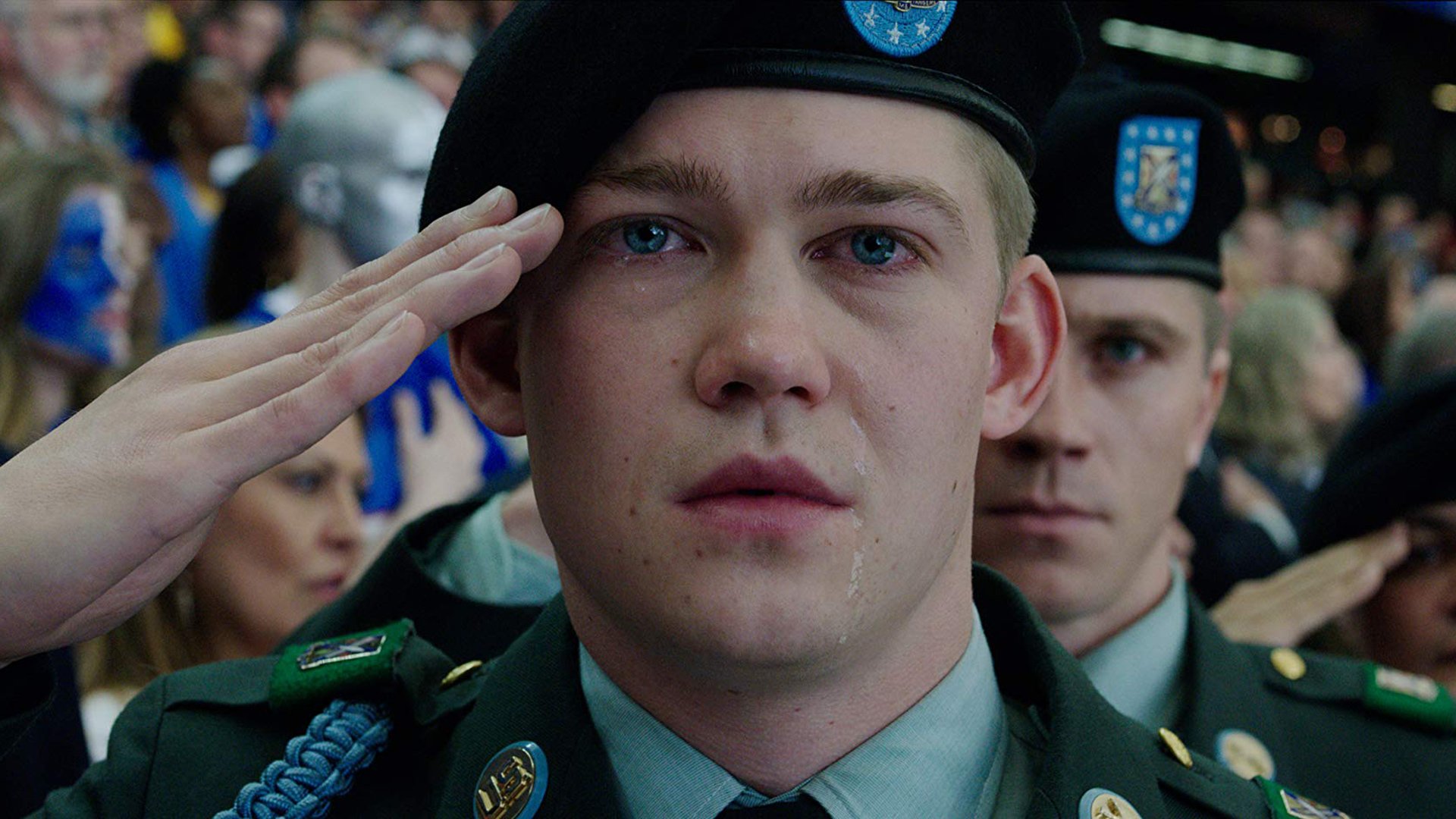

High frame rate is quite a divisive subject. Can it ever gain true acceptence, and is it even been used it correctly?
I love movies and I love technology and the pairing of the two should seem like a Nirvana. However when it comes to high frame rates and movies I really don’t think it works.
Yes, I’m no longer a spring chicken and my brain isn’t quite as snappy as it used to be but I don’t think that’s the issue. I think change can be a good thing and I’m not someone who is firmly stuck in the past.
You see I think that we are not properly using the technology to the best benefit. Having seen the new announcement about Ang Lee’s next film, Gemini Man, which is going to be presented in 4K 120 FPS I’m reminded of the last film he made, Billy Lynn’s Long Halftime Walk and my reaction on seeing it.
With the advent of 4K UHD discs and the ability to view at 60 FPS I thought it was time to have a look at this film. I was enthusiastic to watch this film in almost the way the director intended but at home as it only had a very limited cinema release at 120 FPS. Watching this film was an uncomfortable experience for me, if you put aside for the moment the script and performances and concentrate only on the presentation, I was incredibly disappointed. This should not have come as a surprise really as this experience reminded me somewhat of watching a play, albeit one that is not limited to only a few different ‘locations’. I wasn’t a complete newbie to HFR, having been on the Back to the Future ride at Disney World some years ago but this film made me really feel out of sorts, slightly nauseous, more so than that ride.
Reality disconnect
I think the issue is this, when going to the cinema or when watching a movie at home I want to be transported to a world that is relatable to, but not in fact real. This is a fine balancing act because I do want to be able to suspend my disbelief but I do not want to physically be the director watching the scene play out, HFR movies effectively give you this viewpoint.
This also reminds me of the first time I saw frame interpolation, it was in a showroom in Tottenham Court Road. To this day I remember the film, Con Air, and the manufacturer of the TV, Philips. At the time I was fascinated by the technology and the effect but I wasn’t convinced.
Since that time I’ve also experimented with frame interpolation, mostly with movies on various TVs that I’ve owned, some work and some don’t. What’s made things more unclear is the fact that not all manufactures implement this technology well and that can go a long way to making things worse. What I’ve found is that with the right TV and the right content frame interpolation can work and add to the experience, especially if you can adjust the effect.
What works? In my experience 2 types of content, animation and 3D and if you combine the 2 then you can really reap some benefits. The addition of extra frames can smooth out some of the strobing of 3D especially in scenes with a lot of motion. With animation it’s a different story, I think what’s happening is that my brain knows it’s not meant to be real and so can accept the additional temporal resolution, even though it’s interpolated.
Sports and 8K
Returning to the cinema, this is where I think things should change or maybe we should shift our expectations. Several years ago back in 2012 I was fortunate enough to be able to watch some of the London 2012 Olympics in 8K at 120fps on a large screen. This was a true eye opener for me, whilst not absolutely like being there it was as close as I had seen when using cameras and projection technology. It was more like being at the venue and watching through a pane of glass that could do with a bit of a clean. The coverage of the swimming was so good that for a minute or so you could really believe you were there. The lack of camera angles and cutaways added to this illusion and the 22.2 audio made you think there was a huge crowd around you.
Since then there has been a dramatic rise in the number of event based cinema screenings from large opera houses or concert venues. This is where I think 4K (and above) and high frame rate would really shine. This is where the benefit of that resolution and temporal movement would show. Not in the realm of movie viewing. In fact I don’t think I’m alone in this opinion as recently the interjection of Tom Cruise telling people to turn off the frame interpolation in televisions when watching films effectively sends the same message.
There’s a bit of contradiction here but it boiIs down to this, I want an immersive movie going experience but I don’t think HFR works. Resolution and image fidelity do a lot more for me than a high frame rate. Yes, technically this should add to the experience but it doesn’t for me and the lack of success of films shot and exhibited this way just tells me that I’m not alone.
I’m not sure I’ll ever be in a position where 120 or 60fps movies will add to the experience for me but I’d love to be proved wrong.
Tags: Production


Comments